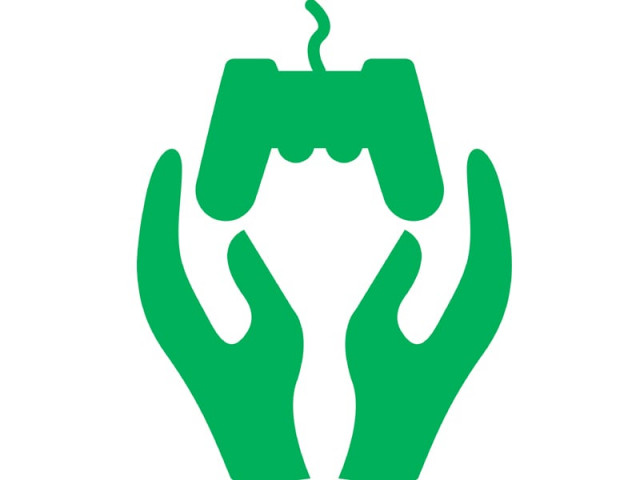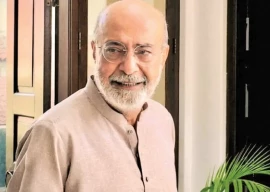
Charity and video gaming are not two concepts that are often associated with each other. The times when charity is most needed tend to be when things are at their most vulnerable, and these are not times associated with entertainment and relaxation; and games still carry the misleading sense of being for youths, those in society who do not yet need to shoulder big responsibilities. However, there have been occasions where one has touched the other, and this has been a movement gaining speed in the last two years.
Some games did occasionally have charity editions, where a certain amount from each purchase would go to a good cause. A prime example of this older model of supporting charities would be 1993’s Sleepwalker, released to coincide with that years’ Comic Relief fundraising event. All profits from the game went to the charity, but there were still significant costs to cover before profit was made, including salaries, advertising, providing disks and printing boxes — with a release price of UK£25.99, only £4.32 was left to donate.
(Ocean Software’s Gary Bracey told Amiga Power magazine’s March 1993 issue that this was how Comic Relief asked the money to be split, that if people were still earning from their work they’d provide a better product. “The question is, ‘is it better to do it than not to do it?’ “ Bracey is quoted as asking).
However, in the two decades since then, the industry has changed dramatically. While development costs have grown as hardware has improved and expectations have risen, distribution costs have dropped thanks to the rise of the internet. This change in the balance has played into the hands of smaller, independent developers. “I think the digital distribution space is changing all the rules,” John Graham, of Wolfire Games and co-founder of Humble Bundle, told the Express Tribune. “With digital goods, there is no scarcity, no marginal cost of production and the independent developer’s biggest problem is that lots of eligible customers don’t know that he exists.”
However, even this problem is partly solved by online marketplaces such as Steam and the Xbox Arcade, which give participating developers a far larger profile. With the popularity of game bundles on Steam, where different developers group titles with each other, Jeff Rosen also of Wolfire had the idea to do a charity pack. “It was really one of those ‘a-ha!’ moments,” Rosen told Ars Technica in 2010, when the first Humble Indie Bundle was released. “Everyone in the promotion is 100 percent independent, and we are all buddies, so it only took a few emails to organize the whole thing.”
On paper the idea was simple — a collection of independently produced games, bundled together and sold for no fixed price with some proceeds going to charity. Instead of suggesting a value, the buyer was encouraged to pay what they felt was fair; and instead of fixed percentages being divided around, the buyer also chose how much of the payment went to either of two charities and the developers of the games.
The approach proved a surprise success, earning over US$1.2million in the time the bundle was available. This led to Humble Bundle being founded, and nine further bundles being released, earning over US$11million for the games’ developers and various supported charities including Child’s Play, charity: water, and the Electronic Frontier Foundation.
“The Humble Bundle pay-what-you-want plus charity model has repeatedly proven itself to be a fantastic way for game developers to strengthen and raise awareness about their brand, earn lots of money and support worthy causes all at the same time,” Graham tells us.
However there is a downside to the increased attention, with Wolfire estimating that at least 25 percent of the first bundle’s downloads were made illegally, despite it being possible to buy a legal copy for one cent (as some people did). With the DRM deliberately removed as a further incentive to purchase, the games also became easier to copy.
Rosen was stoic about this, writing a list of reasons he believed were behind the piracy on Wolfire’s own blog. However, in contrast to the recent attention given to SOPA for proposed heavy-handed methods of preventing piracy, Rosen stated future bundles would still remain DRM free. “When considering any kind of DRM, we have to ask ourselves, “How many legitimate users is it ok to inconvenience in order to reduce piracy?” The answer should be none,” he wrote.
Following the success of the Humble Bundles, various other groups have reproduced the format to sell other charity bundles, including the Little Big Bunch, Indie Gala, and Indie Royale — who have extended the approach to also release packs aimed at funding new developers with their current Alpha Collection bundle.
This is still relatively new territory — it is unproven yet if having titles included in the bundles leads directly to an indie producer being more successful later, or if games are simply being contributed for good causes. However, with the strong — if small — communities that often build up with indie developers, and the ability to choose how much goes towards the chosen causes, the bundles have become a bridge for players giving a more direct connection to numerous charities, and — pirates aside — have turned the playing of games into a good deed itself.
Published in The Express Tribune, March 3rd, 2012.


















COMMENTS
Comments are moderated and generally will be posted if they are on-topic and not abusive.
For more information, please see our Comments FAQ